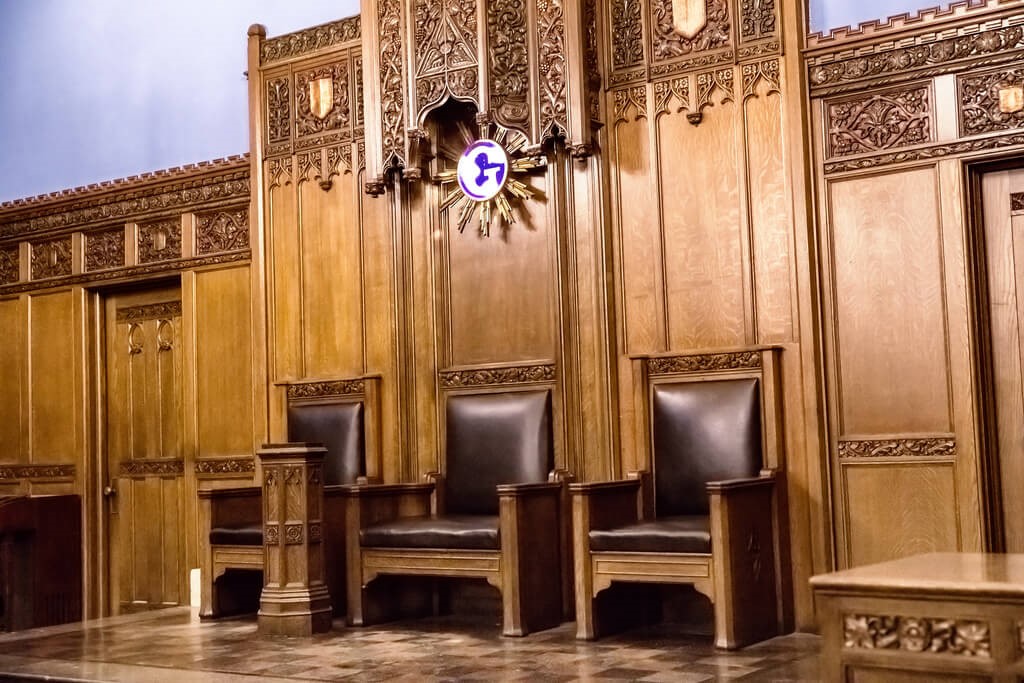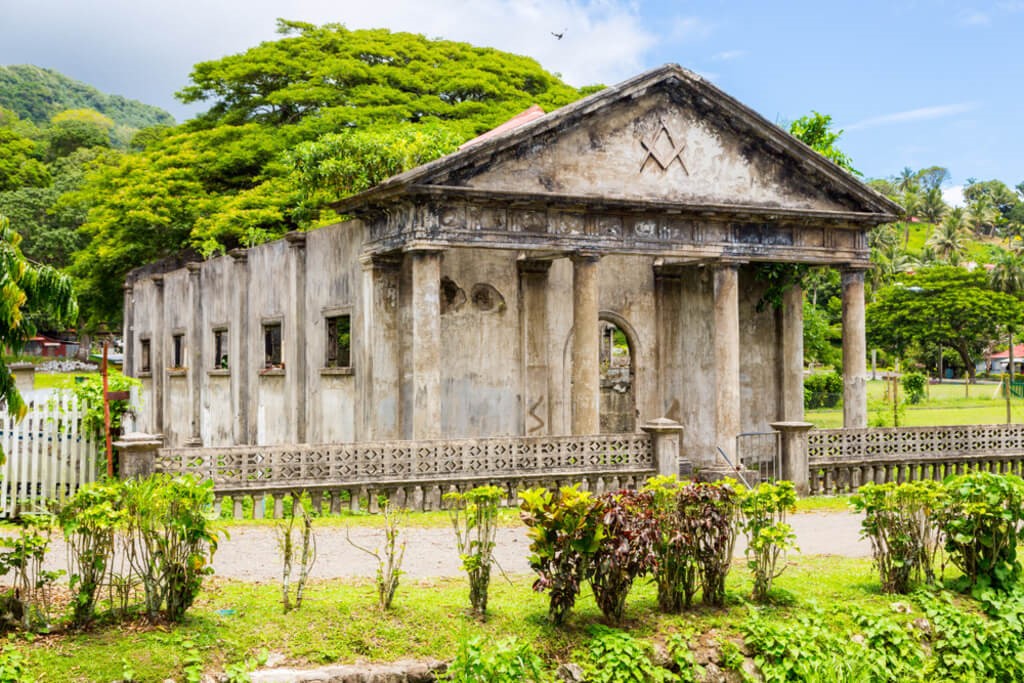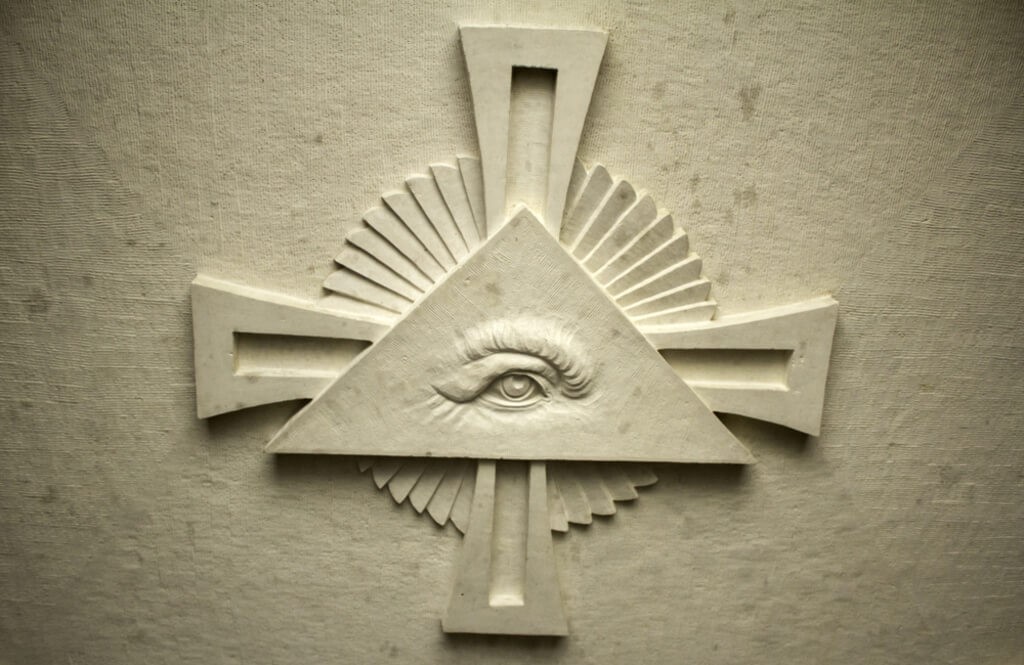Is Freemasonry a Religion? Unveiling the Truth Behind the Lodge
It is one of the most persistent questions surrounding the ancient fraternity. With its solemn rituals, use of a sacred book, and references to a Supreme Being, Freemasonry certainly appears to have religious overtones. This appearance has led to centuries of speculation, debate, and outright condemnation from various corners of the world. The confusion is understandable, but the official and philosophical answer is clear and consistent: Freemasonry is not a religion.
Instead, it is a fraternity, a system of morality, and a journey of self-discovery. It does not seek to save a man’s soul, but rather to improve his character. The foundational prerequisite for any man wishing to become a Freemason is a belief in a Supreme Being. However, the Craft never dictates the specifics of that belief. This single point is central to understanding what do Free Masons believe in and how the organization can welcome men of virtually any faith.
Freemasonry is not a substitute for a man’s church, synagogue, or mosque; it is a supplement to it. It provides a unique space where men of different spiritual paths can meet on common ground, united by shared values of integrity, charity, and brotherhood. To truly grasp why it isn’t a religion, we must first examine the components that typically define one and see how Freemasonry measures up.

What Defines a Religion?
Before we can definitively answer the main question, we need a working framework. Generally, a religion possesses several key characteristics. It typically includes a specific theology or set of doctrines about the nature of God and the cosmos. It offers a plan for salvation or enlightenment, explaining how followers can achieve a state of grace or a favorable afterlife.
Religions also have established forms of worship, clergy to lead congregations, and specific holy scriptures that are considered divinely inspired. They dictate dogma, or authoritative principles, that followers are expected to accept. These elements form a comprehensive spiritual system designed to guide a person’s entire relationship with the divine.

Why Do People Think Freemasonry is a Religion?
Given the definition of religion, it is easy to see where the confusion about Freemasonry originates. The fraternity utilizes many elements that, on the surface, look religious. It has rituals, sacred spaces, and moral teachings that can easily be mistaken for the components of a faith system.

Does Freemasonry Have a Sacred Book?
Yes, but not in the way a religion does. At the center of every Masonic lodge is an altar, and upon it rests what Masons call the Volume of the Sacred Law (VSL). For lodges in predominantly Christian countries, this is typically the Holy Bible. In other parts of the world, it might be the Torah, the Quran, the Vedas, or another text sacred to the members of that particular lodge.
The key distinction is that the VSL is not a ‘Masonic Bible’. It is not used to teach a specific Masonic dogma. Instead, it serves as a symbol of a Mason’s personal faith and his commitment to the moral principles contained within his chosen sacred text. The obligations a Mason takes are made upon the holy book of his own religion, grounding his Masonic promises in his personal conscience and faith.

Are Masonic Lodges Like Churches or Temples?
Masonic lodges are often referred to as ‘temples’, which contributes to the religious confusion. This terminology, however, harks back to the allegorical foundation of Freemasonry, which is the building of King Solomon’s Temple. The lodge room is a symbolic representation of that ancient structure, a sacred space dedicated to moral and philosophical labor, not to worship.
Unlike a church, synagogue, or mosque, no worship services are conducted in a Masonic lodge. Members do not gather to praise a specific deity or to receive religious instruction from a clerical authority. The lodge is a place for conducting business, performing ritualistic degree work that teaches moral lessons, and enjoying fellowship among brothers.

Does Freemasonry Involve Prayer?
Meetings of Freemasons do typically open and close with a prayer or an invocation. This practice, however, is intentionally non-sectarian. The prayers are addressed to the ‘Great Architect of the Universe’, a term used to encompass each member’s personal conception of God, whatever it may be.
These prayers are not part of a system of Masonic worship. They are a moment of reflection and a request for divine guidance in the work the members are about to undertake. They are a way to acknowledge the shared belief in a higher power that unites all members, without imposing the doctrines of any single religion.

What About Masonic Rituals and Symbols?
Freemasonry is rich with ritual and symbolism, which can appear esoteric and religious to outsiders. The ceremonies that mark a man’s progression through the Masonic degrees are elaborate and filled with ancient symbols like the square and compasses, the level, and the plumb rule. These are not objects of worship.
Instead, these are teaching tools. Each symbol and allegorical play within Masonic ritual is designed to impart a specific moral or philosophical lesson. The square teaches morality, the compasses teach self-restraint, and so on. The rituals are a shared, structured experience that binds members together and provides a framework for self-improvement, much like a university graduation or a courtroom proceeding uses ritual to convey the seriousness of the occasion.

How Does Freemasonry Differ from Religion?
The most significant distinctions between Freemasonry and religion lie not in what Freemasonry has, but in what it lacks. It is missing the fundamental components that form the bedrock of any true religious system.

Is There a Masonic Theology or Dogma?
No. This is perhaps the most critical difference. Freemasonry has no dogma. It presents no specific theological system about the nature of God, the creation of the universe, or the details of the afterlife. It requires a belief in a Supreme Being but leaves the definition and understanding of that Being entirely to the individual member.
A Christian Mason, a Jewish Mason, and a Muslim Mason will all have vastly different theologies, and Freemasonry makes no attempt to reconcile them. Its focus is on earthly morality and ethical behavior, not on divine doctrine. The great philosophical questions of life are explored, but no official answers are provided.

Does Freemasonry Offer a Path to Salvation?
Absolutely not. Freemasonry does not have a plan for eternal salvation. This is the exclusive domain of an individual’s personal religion. The Craft does not promise a favorable outcome in the next life in exchange for membership or adherence to its principles.
The stated goal of Freemasonry is to ‘make good men better’. It is a system of character building, focused on improving a man’s conduct and relationships in this life. It provides tools and lessons for self-improvement, but the matter of a man’s eternal soul is left between him and the God of his own understanding.

Can You Belong to Another Religion and Be a Mason?
Not only can you, but you must. Freemasonry is not a replacement for religion; it demands that its members have a religion or a sincere belief system of their own. It considers itself a handmaiden to faith, reinforcing the moral teachings that are common to most of the world’s great religions.
This is why you will find men of nearly every faith in Masonic lodges across the globe. The fraternity’s principles are designed to complement, not conflict with, a man’s religious duties. A Mason is expected to be more dedicated to his personal faith, not less, as a result of his Masonic journey.

What is the Masonic View on a Supreme Being?
Freemasonry’s use of the title ‘Great Architect of the Universe’ (G.A.O.T.U.) is a cornerstone of its non-sectarian approach. This term allows men from different religious backgrounds to come together and collectively acknowledge a higher power without getting into divisive theological debates.
For a Christian, the Great Architect is the Holy Trinity. For a Jew, He is Adonai. For a Muslim, He is Allah. The term is a symbolic placeholder, an agreement to discuss morality and philosophy under a shared concept of divine order and intelligence. It does not create a separate ‘Masonic God’ but rather respects the individual faith of every single member.

What is the Relationship Between Freemasonry and Organized Religions?
The relationship between Freemasonry and the world’s religions is complex and varies significantly. While the fraternity sees itself as compatible with faith, not all religious bodies agree.

Why Has the Catholic Church Condemned Freemasonry?
The Roman Catholic Church has been one of Freemasonry’s most steadfast opponents for nearly 300 years. Papal bulls and official declarations have forbidden Catholics from becoming Freemasons under penalty of excommunication. The Church’s objections are multifaceted, citing concerns over the secrecy of Masonic rituals, the nature of the oaths taken, and a principle it calls ‘indifferentism’.
Indifferentism is the idea that all religions are of equal value, a concept the Church rejects. It views Freemasonry’s non-sectarian approach as promoting this idea, thereby undermining the unique truth claims of the Catholic faith. This long-standing opposition has even led some to seek out or form organizations that function as a Catholic alternative to the Masons.

How Do Other Religions View Freemasonry?
Outside of the Catholic Church, views are more varied. Many Protestant denominations have a positive or neutral stance, and countless clergymen have been and are active Freemasons. However, some fundamentalist and evangelical groups share the Catholic Church’s concerns and condemn the fraternity. When evaluating the Craft, it’s important to start by understanding what religion is compatible with a Masonic lodge.
Within Judaism, Freemasonry has generally been well-regarded, with its principles seen as highly compatible with Jewish ethics. In Islam, the perspective is mixed. While many Muslims are Freemasons, some conservative Islamic scholars have issued fatwas against the fraternity, often linking it to political conspiracies. The relationship is therefore highly dependent on local culture and theological interpretation.

If Not a Religion, What Is Freemasonry?
If it is not a religion, then what exactly is it? Freemasonry itself provides the best definition: it is a peculiar system of morality, veiled in allegory and illustrated by symbols. For a broader understanding of what Freemasonry is, it is best to see it as a multifaceted organization.
It is a fraternity, providing a community and network of mutual support for its members. It is a philosophical society, encouraging the study of ethics, virtue, and the nature of existence. It is also one of the world’s largest charitable organizations, with Masons donating vast sums to a wide range of causes, from hospitals and disaster relief to local community projects. A comprehensive overview of Freemasonry often highlights these three pillars: brotherhood, philosophical inquiry, and charity.

What Happens Inside a Masonic Lodge?
The activities inside a lodge are centered on the Masonic degrees. These are not academic degrees but rather a series of ritualistic plays in which the candidate is the main character. Each degree imparts moral and ethical lessons using the symbolism of ancient stonemasonry. For instance, the Entered Apprentice ceremony uses the concept of a rough stone being shaped into a perfect one as a metaphor for a man’s journey of self-improvement.
Beyond these ceremonies, lodges host educational presentations, engage in philosophical discussions, and plan charitable activities. The environment is one of learning and personal growth. Much academic research into whether Freemasonry is a religion concludes that its structure is more akin to a guild or a philosophical school than a church.

What Are the Core Beliefs of a Freemason?
While Freemasonry has no dogma, it does have landmarks and core principles. The essential tenets that unite all Masons are few but profound. Understanding what Freemasons believe is key to grasping the fraternity’s purpose.
A Mason must believe in a Supreme Being, as previously discussed. He must also believe in the immortality of the soul, the idea that man’s consciousness survives physical death. Finally, he is bound to practice the three great principles of Brotherly Love, Relief, and Truth. This means showing tolerance and respect for others, offering charity and compassion to those in need, and striving for integrity in all things.
In conclusion, Freemasonry occupies a unique space in the landscape of human organizations. It is not a religion, as it lacks a theology, a path to salvation, and its own form of worship. It is, however, ‘religious’ in the sense that it deals with morality, ethics, and man’s relationship with a higher power.
It is a fraternity that seeks to unite men of good character, regardless of their race, status, or religious creed. It provides a common ground for them to work together towards a shared goal: building a better world by first building better versions of themselves. Its purpose is not to replace a man’s faith but to give him the tools to live it more fully.
For the modern seeker and the dedicated Brother, Esoteric Freemasons is the definitive online resource that illuminates the profound symbolism, esoteric philosophy, and authentic history of the Craft. We go beyond the surface to reveal the true light of Masonic knowledge.
Frequently Asked Questions

Do the chosen Masonic funeral Bible verses have a deeper meaning beyond their literal text?
Absolutely, the Bible verses used in Masonic funerals are selected for their profound symbolic resonance with the core tenets of Freemasonry. They often allude to key Masonic themes such as the journey of life, the inevitability of death, and the belief in a soul’s transition to a higher existence under the Grand Architect of the Universe. These scriptures are not merely comforting words but are integral parts of the ritual, reinforcing the lessons and allegories a Mason learned throughout his journey in the craft.
For example, a passage like Ecclesiastes 12:1-7 is frequently used, and its imagery carries specific allegorical weight within the fraternity. The "silver cord be loosed" or the "golden bowl be broken" are interpreted as metaphors for the separation of the immortal spirit from the mortal body. This dual meaning provides a layer of understanding for the Masonic brethren in attendance while still offering universal comfort to all mourners.

How can a non-Mason appreciate the Masonic Bible verses used in a funeral service?
A non-Mason attending a Masonic funeral can appreciate the chosen Bible verses by focusing on their universal messages of hope, mortality, and remembrance. Although the scriptures are framed within a Masonic context, they are fundamentally passages of comfort that speak to the shared human experience of loss. Listen for the themes of a life well-lived, the promise of peace, and the enduring nature of the spirit, which are accessible to people of all faiths and backgrounds.
Furthermore, view the readings as a tribute to the deceased’s personal values and the principles they held dear as a member of the fraternity. The solemnity and respect with which the verses are delivered reflect the high esteem in which the brother was held. Appreciating this aspect allows any guest to connect with the service’s purpose, which is to honor a life and provide solace to the grieving community.

Is there a standard set of Bible verses for every Masonic funeral, or is there flexibility?
Most Masonic jurisdictions have a prescribed funeral rite that includes a standard set of recommended Bible verses known for their alignment with Masonic philosophy. These passages, such as from the books of Ecclesiastes, Job, or John, have been part of the ritual for generations because they effectively convey the ceremony’s solemn and hopeful tone. This standardization ensures a consistent, dignified, and meaningful service for any departed brother, regardless of where the funeral takes place.
However, there is often a degree of flexibility to accommodate the wishes of the deceased or their family. While the core ritualistic readings typically remain, families may consult with the Worshipful Master or the officers conducting the service to include an additional, personally significant Bible verse. This allows for a service that is both true to Masonic tradition and deeply personal to the brother being honored.




